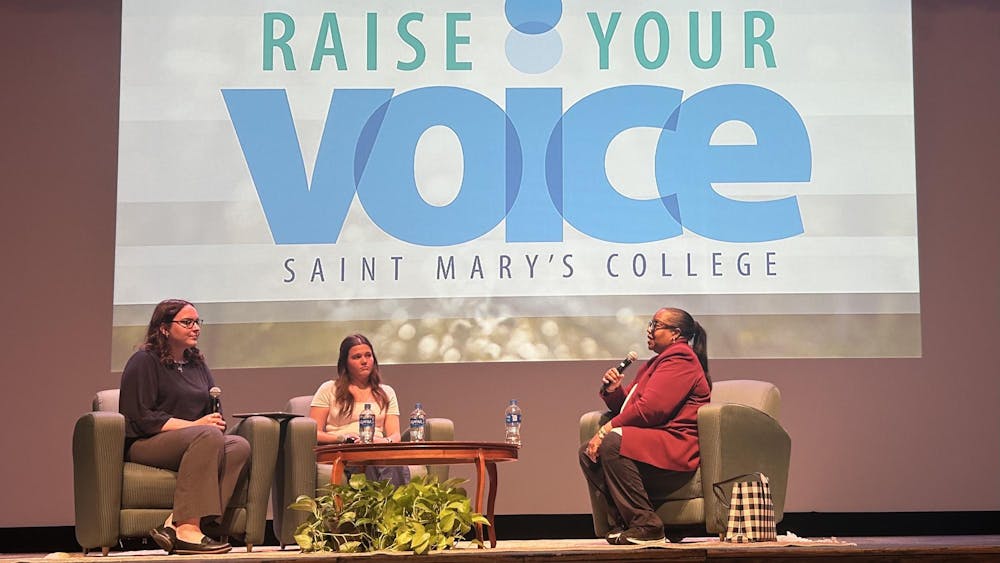Student senate passed three amendments related to the campaign process during Wednesday’s meeting. The resolutions, presented by representatives from the department of internal affairs, dealt with social media regulations, candidate responsibility for supporters and endorsements in campaigns.
Previously, the Constitution of the Undergraduate Student Body asserted that candidates may create a social media account or page that must be approved by the election committee and that all posts and comments must be individually approved by the committee. As of Wednesday night, all posts must “adhere to the ethical guidelines” detailed in the constitution, but will not need to be individually approved.
“The thing is, judicial council is not a police force,” Fisher Hall senator sophomore Abe Jenson said. “Judicial council does not go on pages and look for posts that do not adhere to the guidelines. That’s the responsibility of the other candidates and the students — to bring allegations to judicial council.”
Louis Bertolotti, executive director of the Student Union Board (SUB), gave his support to the resolution. (Editor's note: Louis Bertolotti is a Viewpoint columnist).
“As someone who has run for office, I think this would be an amazing policy because of all the effort it takes to go approve every single idea,” he said. “If we want to elect smart leaders, we’re all in college, we should be able to follow the rules given to us by judicial council, and if we break those rules, face the consequences. I don’t think we should be babied into it and approving all the posts ahead of time.”
Director of internal affairs Rebecca Blais presented the second resolution and explained how the constitution previously dealt with the unethical actions of supporters of candidates, and how those actions affected the candidates themselves.
“If one of their supporters decides to engage in unethical behavior — making an illegal post, any of the things not allowed in an election — the candidate will be held responsible for it,” she said of the previous policy. “We think that’s ridiculous for the candidate to be held accountable for every ‘rogue supporter,’ to talk in extremes.”
The amendment includes an additional subclause that says candidates cannot be involved in or instruct others to engage in unethical behavior, including through inaction.
“The process of an election allegation would be that a person would bring forth the offending post or offending behavior, and in some way that action would have to be connected back to the candidate, whether it’s testimony or a text message or something like that,” judicial council president Zach Waterson said.
After the passing of the night’s third amendment, candidates and tickets can solicit and campaign on endorsements from individual students and student groups, but “endorsements may not be construed to represent that of residence halls, student union organizations, university departments, offices or officials.” Additionally, no person holding a position enumerated in the constitution can endorse any candidate for any student office.
Blais said the previous issue with this section was the discrepancy about endorsements from student leaders and student athletes, in particular, as it should not appear that an individual is representing the entire group with their endorsement.
Individuals can still voice their support in conversation, but cannot appear in any endorsements for the candidate.
Waterson said the language in differentiating between conversation and endorsement was left intentionally broad so that it could be looked at on a situational basis.
“This strikes a balance between pure legislation and the ability for the committee to bring in information to determine on a case-by-case basis whether the specific communication constitutes an endorsement,” he said.













